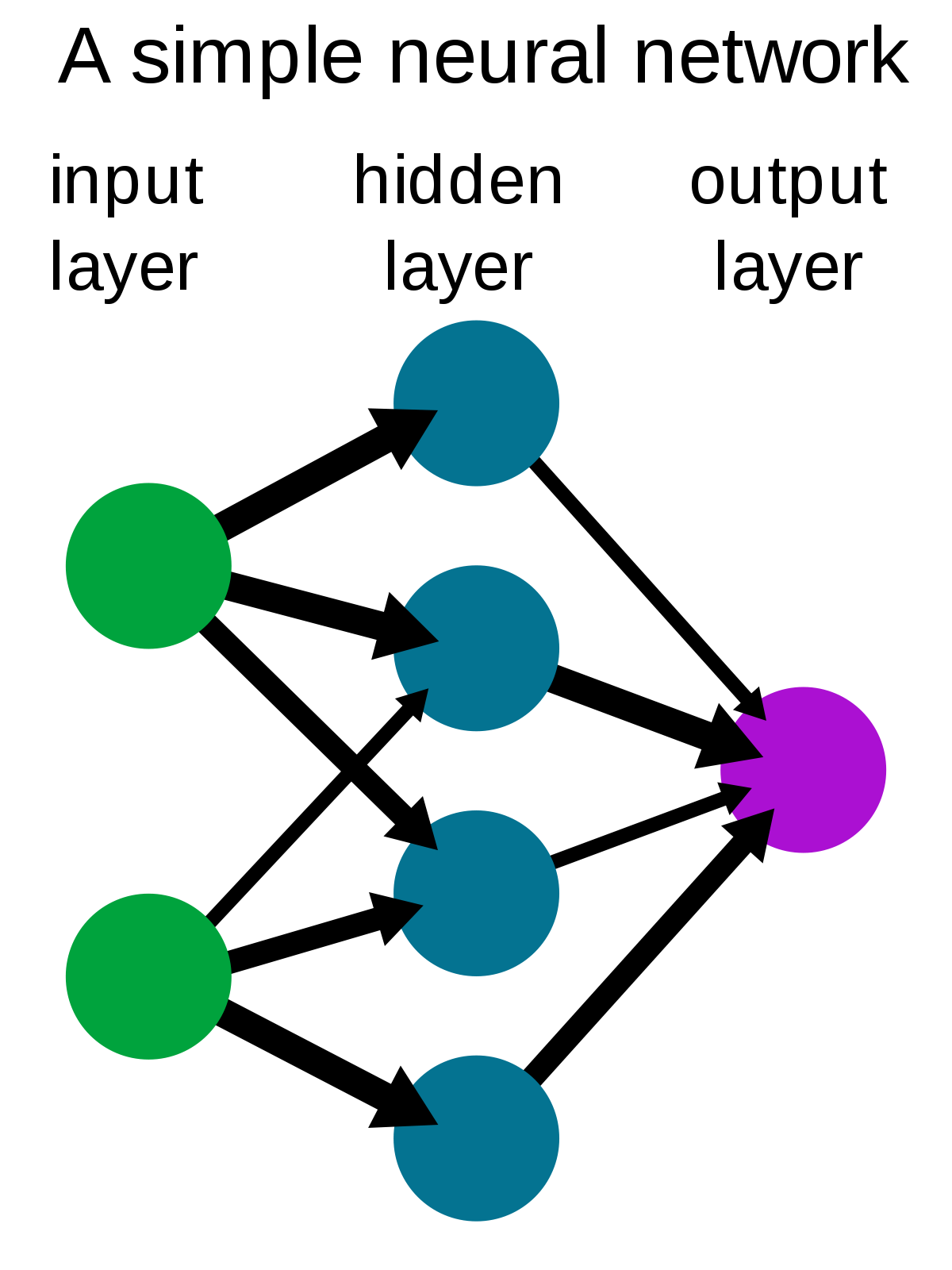The Pragmatic Evolution of Deep Learning: Bridging Theoretical Concepts with Real-World Applications
In the realm of Artificial Intelligence (AI), the subtopic of Deep Learning stands as a testament to how abstract mathematical concepts can evolve into pivotal, real-world applications. As an enthusiast and professional deeply entrenched in AI and its various facets, my journey through the intricacies of machine learning, particularly deep learning, has been both enlightening and challenging. This article aims to shed light on the pragmatic evolution of deep learning, emphasizing its transition from theoretical underpinnings to applications that significantly impact our everyday lives and industries.
Theoretical Foundations of Deep Learning
Deep learning, a subset of machine learning, distinguishes itself through its ability to learn hierarchically, recognizing patterns at different levels of abstraction. This ability is rooted in the development of artificial neural networks inspired by the neurological processes of the human brain. 
My academic experiences at Harvard University, where I explored information systems and specialized in Artificial Intelligence and Machine Learning, offered me a firsthand look into the mathematical rigors behind algorithms such as backpropagation and techniques like gradient descent. Understanding the impact of Gradient Descent in AI and ML has been crucial in appreciating how these algorithms optimize learning processes, making deep learning not just a theoretical marvel but a practical tool.
From Theory to Application
My professional journey, spanning roles at Microsoft to founding DBGM Consulting, Inc., emphasized the transitional journey of deep learning from theory to application. In consultancy, the applications of deep learning in process automation, chatbots, and more have redefined how businesses operate, enhancing efficiency and customer experiences.
One illustrative example of deep learning’s real-world impact is in the domain of autonomous vehicles. My work on machine learning algorithms for self-driving robots during my masters exemplifies the critical role of deep learning in interpreting complex sensory data, facilitating decision-making in real-time, and ultimately moving towards safer, more efficient autonomous transportation systems.
Challenges and Ethical Considerations
However, the application of deep learning is not without its challenges. As we uncovered the multifaceted challenges of Large Language Models (LLMs) in machine learning, we must also critically assess deep learning models for biases, energy consumption, and their potential to exacerbate societal inequalities. My skepticism towards dubious claims, rooted in a science-oriented approach, underscores the importance of ethical AI development, ensuring that these models serve humanity positively and equitably.
Conclusion
The synergy between cognitive computing and machine learning, as discussed in a previous article, is a clear indicator that the future of AI rests on harmonizing theoretical advancements with ethical, practical applications. My experiences, from intricate mathematical explorations at Harvard to implementing AI solutions in the industry, have solidified my belief in the transformative potential of deep learning. Yet, they have also taught me to approach this potential with caution, skepticism, and an unwavering commitment to the betterment of society.
As we continue to explore deep learning and its applications, it is crucial to remain grounded in rigorous scientific methodology while staying open to exploring new frontiers in AI. Only then can we harness the full potential of AI to drive meaningful progress, innovation, and positive societal impact.